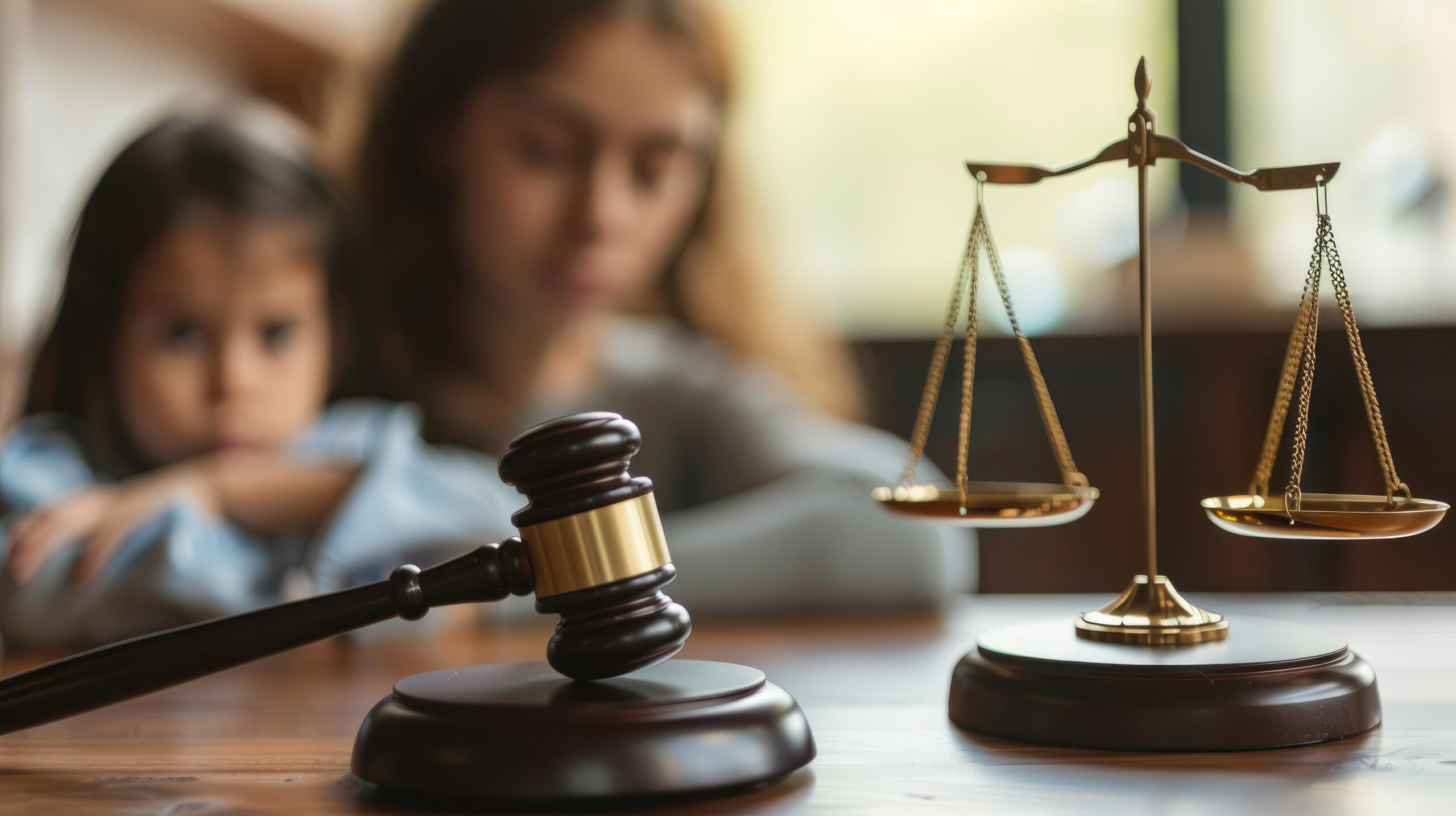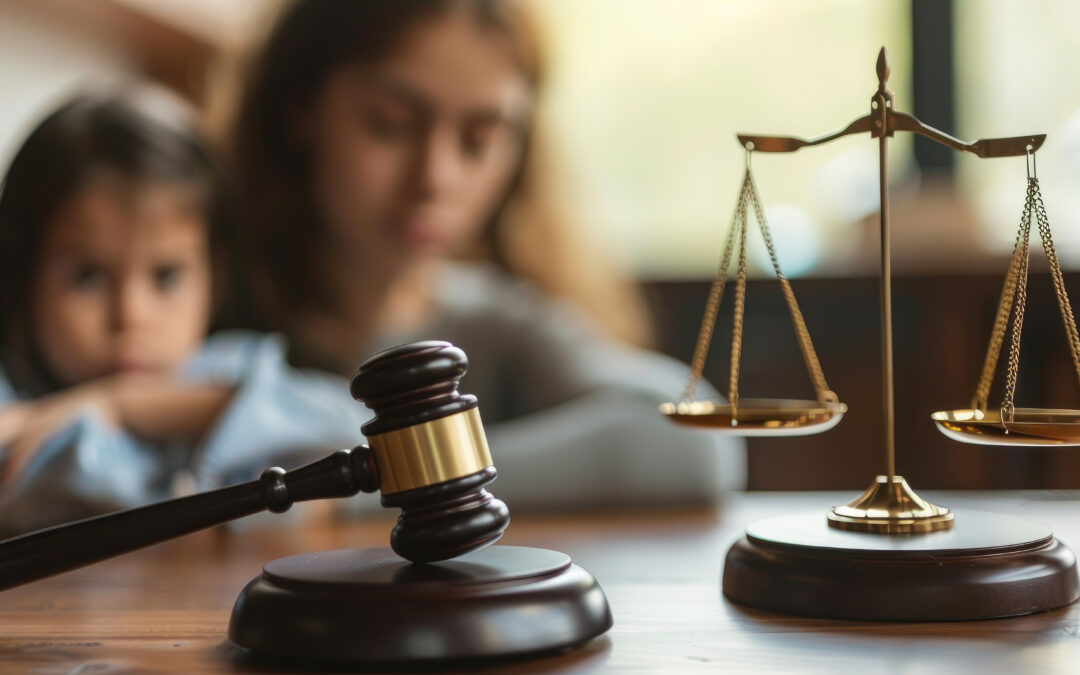What is Sole Custody? Understanding the Basics.

1. Understanding Sole Custody
There are two types of custody: legal custody and physical custody. Legal custody refers to the parents’ rights and responsibilities for major decisions concerning the child, including, but not limited to, the education of the child, health care, and religious training. Physical custody who the child physically lives with.
2. Sole Custody vs Full Custody: Explained
“Full” custody is a very common term that we hear from clients; however, it is not a legal term under Alabama Law and can mean different things to different people. Alabama law differentiates between sole custody and joint custody, including sole versus joint legal custody and sole versus joint physical custody. It is important to know and understand the correct terminology when you are going into a divorce or custody case so you can fully understand the different options and their implications.
3. What Sole Custody Means for Parents
Sole Legal Custody means that one parent has sole rights and responsibilities to make major decisions concerning the child, including, but not limited to, the education of the child, health care, and religious training. It would be very unusual for Sole Legal Custody to be awarded in a modern court order, absent extreme circumstances such as the other parent being very dangerous.
Joint Legal Custody is fairly standard and what you would expect to see in most court orders today involving custody of children. Joint legal custody means that both parents have equal rights and responsibilities for major decisions concerning the child, including, but not limited to, the education of the child, health care, and religious training. The court may designate one parent to have sole power to make certain decisions while both parents retain equal rights and responsibilities for other decisions. Ideally, you are supposedly collaborate with the other parent and make joint decisions whenever possible.
Sole Physical Custody means that one parent has sole physical custody and the other parent has rights of visitation except as otherwise provided by the court.
Joint Physical Custody means that physical custody is shared by the parents in a way that assures the child frequent and substantial contact with each parent. Per the Alabama statute, joint physical custody does not necessarily mean physical custody of equal durations of time; however, the vast majority of the time, a court order that provides for joint physical custody means equal, 50/50 shared custody often on an alternating-week basis.
4. Decoding Sole Custody: Implications for Parents
Sole legal custody means that the parent who has it gets to make all the decisions about where the children go to school, where and when they go the doctor, etc. They do not have to involve the other parent in any of these decisions at all. Again, it would be a very rare and unusual circumstance that this would be ordered. It would typically only be in a situation where the other parent is completely absent or poses a very serious danger to the child.
Sole physical custody is much less extreme in reality even though the terminology does not sound great. As stated above, sole physical custody means that is who the child lives with the majority of the time.
5. Sole Physical Custody: Breaking it Down
Sole physical custody is the parent who the child lives with most of the time. It is the child’s home base, so to speak. The other parent will be awarded visitation. A typical visitation schedule will include alternate weekends, mid-week visitation, and a division of holidays and summer vacation. Parent are also free to deviate from the court-ordered visitation schedule if they both agree to do so.
If the visiting parent is not a fit parent to have the typical visitation schedule, the court can order restrictions on their visitation such as making it daytime-only or requiring drug or alcohol testing.
6. The Impact of Sole Custody on the Other Parent
Sole legal custody one parent has a lot of control over the children’s lives and what happens with them. That parent can choose to use their power to coparent effectively and facilitate a good relationship between the children and the other parent. If the other parent is a decent person and parent, this is going to be in the best interests of the children in the long run. Conversely, the parent with sole custody can choose to use their power to prevent the other parent from being involved in the children’s lives, such as not telling them about doctor’s appointments or school events and refusing to list them as a parent on paperwork involving the children. I would never recommend that a parent agree to give the other parent sole legal custody, absent very extreme and unusual circumstances.
If you have joint legal custody and the parent with physical custody tries to keep you out of the children’s lives in those ways, your joint legal custody gives you the power to go around them if necessary and get information and access directly through the school, medical providers etc. This is really important, especially if you and the other parent to do not get along.
Sole physical custody also means that the parent with custody only has to allow the visiting parent the visitation schedule that is in the court order. They can choose to allow extra visitation, but they do not have to. If you spouse presents you with a divorce or custody agreement they want you to sign, and they tell you don’t worry about what the schedule in the paperwork says, you need to proceed with extreme caution. If they make promises that they will allow more visitation, you have to keep in mind that they do not have to do anything that is not written down in the paperwork. It is possible they are well-intentioned, but it is also possible they are just trying to induce you into signing the papers by making promises they do not intend to keep. It is best for the visiting parent to have all their rights specifically written down in the divorce or custody order.
And of course, it is always best to get legal advice before you sign any kind of binding legal agreement to make sure that your rights are protected. You can call our office or click “request a consultation” here on our website to schedule an appointment with one of our divorce and family law attorneys.

Author: Alison Herlihy
Family law attorney Alison Herlihy is a native of Mobile, Alabama. Alison has engaged in the private practice of family law since 2005, focusing primarily on domestic relations, divorce and child support, child custody law, adoption law, juvenile, probate practice, and wills.
Alison Baxter Herlihy earned the prestigious AV Preeminent peer review rating from Martindale-Hubbell, which recognizes attorneys for the highest levels of legal ability and professional ethical standards. Alison is a certified Guardian Ad Litem. In 2015, Alison became a Registered Mediator on the Alabama State Court Mediator Roster, in both general and domestic relations mediation.

